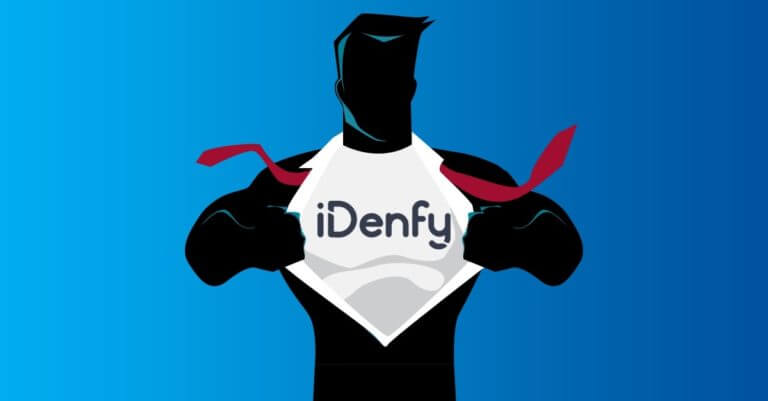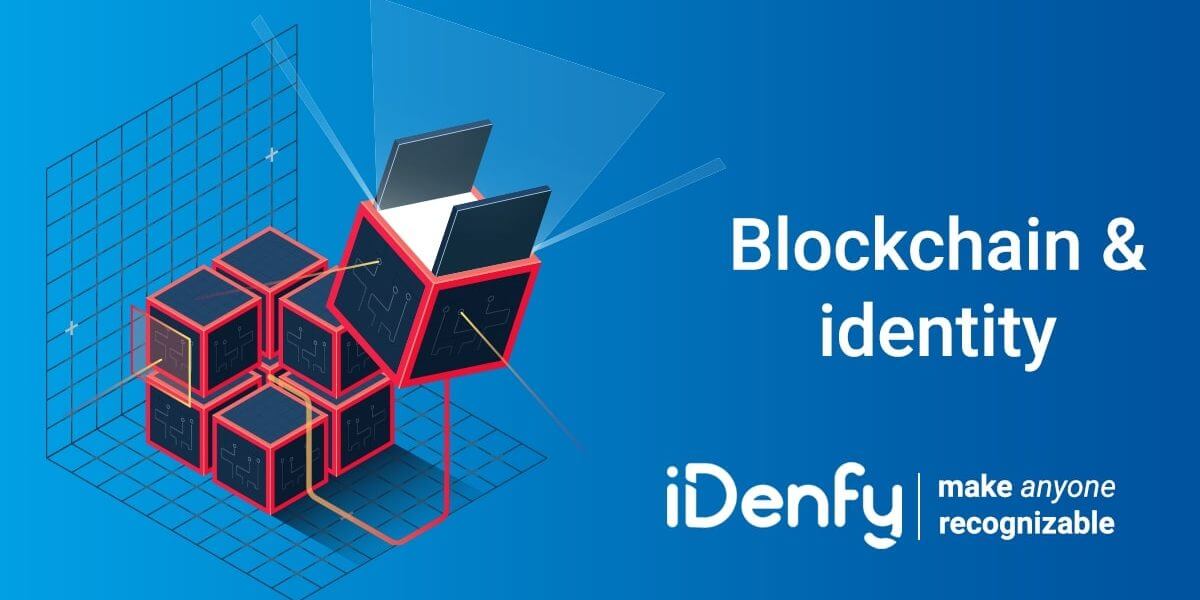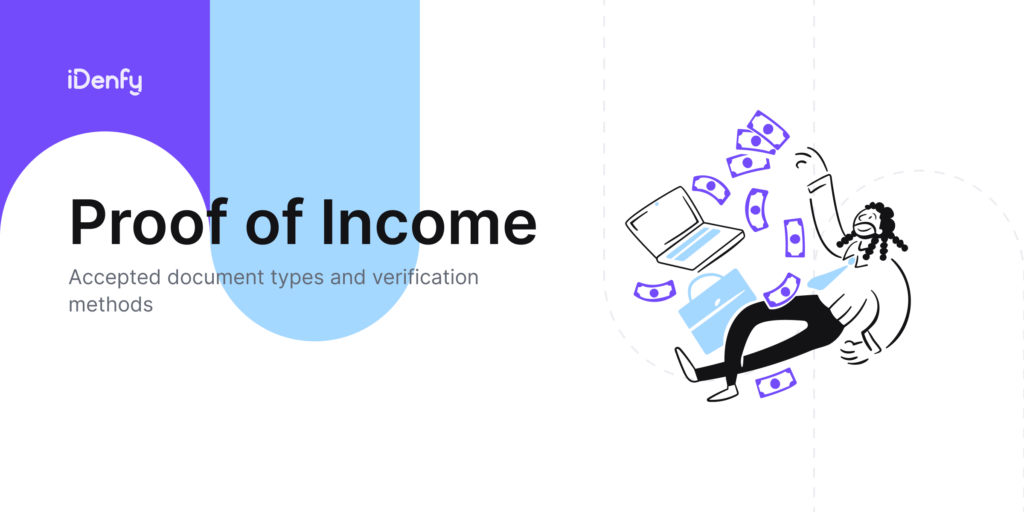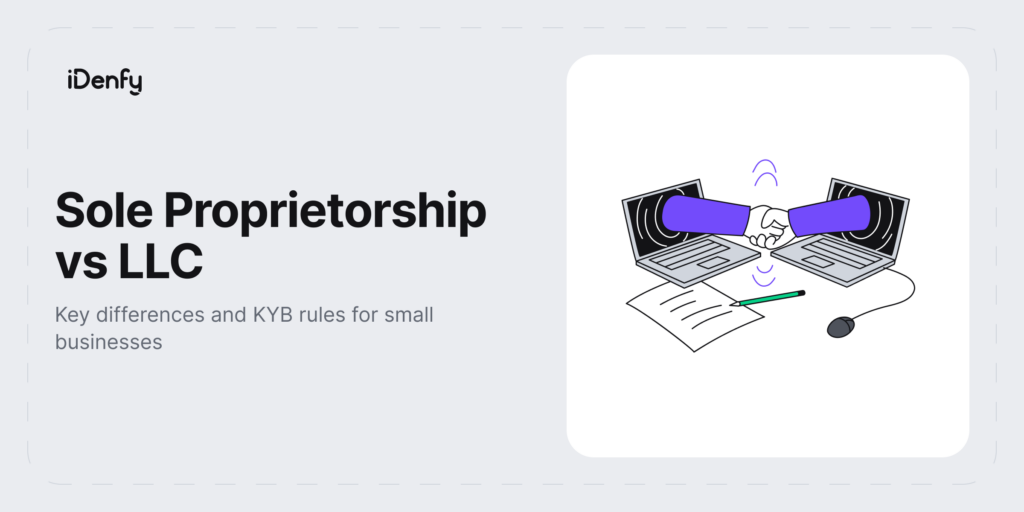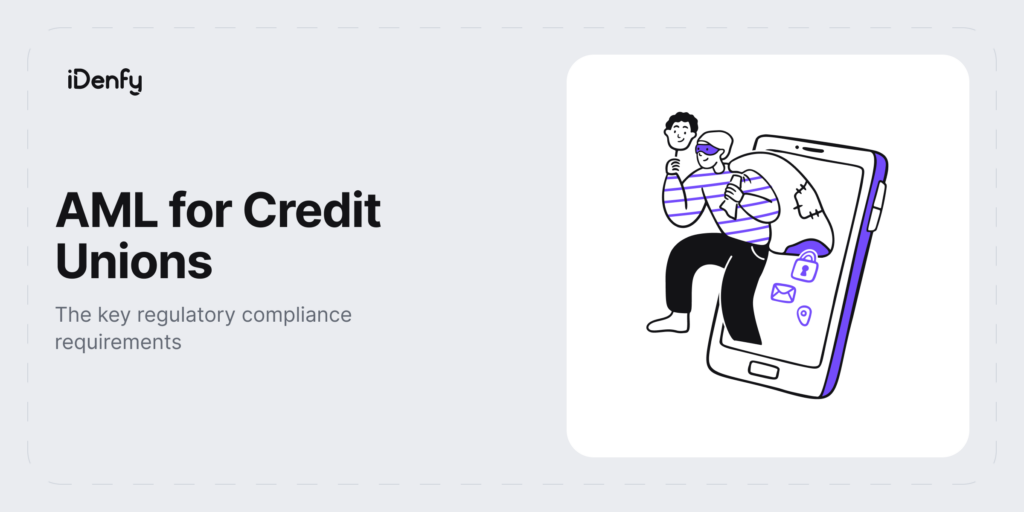Identity management is an ideal way to identify, authenticate, and authorize people to access specific systems or services. However, it has some security and privacy issues. To this day, verifying customer identities and conducting due diligence checks requires significant time and effort, particularly when dealing with intricate ownership structures or international clients.
That’s why the Know Your Customer (KYC) process poses challenges for companies for several reasons. Most of all, it can be time-consuming and resource-intensive, especially for businesses handling a large customer base, such as cryptocurrency platforms or decentralized exchanges.
Several identity management systems out there help businesses authenticate and authorize their staff and customers, but they are not fully secured. Even modern identity management systems have privacy and security issues. The good news is that blockchain technology can be the solution to various identity-related security issues.
According to some experts, blockchain and identity management systems can work together to create a secure cyber environment. That’s why many security experts are designing new security solutions to minimize identity theft threats with the help of blockchain technology, a digital ledger program that is focused on cryptocurrencies like Bitcoin.
Sounds interesting? Let’s find out what blockchain technology is, how it works, and how it can help with identity management.
What is Blockchain?
Blockchain technology is a digital ledger that securely and transparently records transactions. Utilizing cryptography, it establishes a decentralized database resistant to tampering and hacking. DLT, or Distributed Ledger, works behind decentralized databases that offer control over the progression of data between organizations through a peer-to-peer network, using consensus algorithms, which guarantee consistency throughout network nodes.
In layman’s terms, a blockchain is a distributed database that lives on multiple computers simultaneously. As new collections of blocks are added to it continuously, it keeps increasing. Each block contains some digital records and a link to the preceding block so that they all can form a chain. No single entity or body does not control blockchain data. Instead, anyone in the network can get a copy of the entire database.
Blockchain technology extends beyond cryptocurrencies such as Bitcoin, finding potential applications in various fields like digital identity verification, supply chain management, or even voting systems. While the technology is relatively new, its capacity to revolutionize information storage and sharing is becoming increasingly evident.
An ideal analogy for understanding blockchain technology is Google Docs. When we share a Google document with a group of individuals, it is transmitted instead of transferred or copied. This creates a shared distribution chain that allows all the participants to access the document simultaneously.
How Does Blockchain Work?

Since blockchain technology has endless uses in anti-money laundering (AML) and encrypted messaging platforms, it wouldn’t be wrong to say that Blockchain and identity management solutions can together help businesses track identities more flawlessly.
As mentioned above, blockchain operates by a peer-to-peer network, working all together to resolve complex mathematical issues and authenticate new blocks. Once the data is saved, no block can be changed without modifying the subsequent blocks that include validation of the rest of the data on the network. This is the primary reason blockchain technology is highly secure and not vulnerable to hacking.
Verify customers identity within 15 seconds. Schedule a free demo here.
Where Can Blockchain Be Used?
Blockchain technology has a lot of uses in the real world. Already a lot of organizations are leveraging this technology to reduce data storage cost, get rid of duplication of data, improve data security, and minimize identity thefts.
Sharing Economy
Companies like Uber and Airbnb are already taking advantage of Blockchain technology in a form sharing economy. Since the blockchain enables peer-to-peer payments, it opens the door to direct interaction between two parties.
Supply Chain Auditing
Nowadays, buyers want to know the ethical statements companies make about their products. Blockchain provides customers with a straightforward way to verify the backstories of the products.
Governance
Distributed database technology can bring complete transparency to elections or any poll taking.
File Storage
Decentralized file storage has a lot of benefits regarding security. Distributing data throughout the network has fewer chances of getting hacked or lost.
These are some key uses of blockchain in different industries. Now let’s get to know how it can be used in identity management.
Blockchain and Decentralized Identity Verification
It is essential to manage identities carefully on the Internet, and blockchain technology can be exceptionally helpful in it. It provides advanced solutions that help in identifying users and their documents. Experts in both the blockchain and identity fields are looking for ways to use this technology for prevalent identity issues such as fraudulent identities, data insecurity, and inaccessibility.
Companies can now use blockchain to establish a decentralized identity verification system, ensuring secure storage and sharing of customer data in a tamper-proof manner. That means it’s possible to use blockchain in KYC processes for enhanced efficiency. Through blockchain, customer data can be securely stored in a digital identity, eliminating the reliance on paper-based documents and manual data entry.
This streamlined approacg to the onboarding process reduces both time and costs associated with traditional KYC procedures. According to some blockchain experts who participated in a panel discussion about identity, a distributed tamper-resistant database can combat the monopolizing power dominating the identities of individuals.
Ensure your customers are real. Schedule a free demo here.
Best KYC Practices Using Blockchain Technology
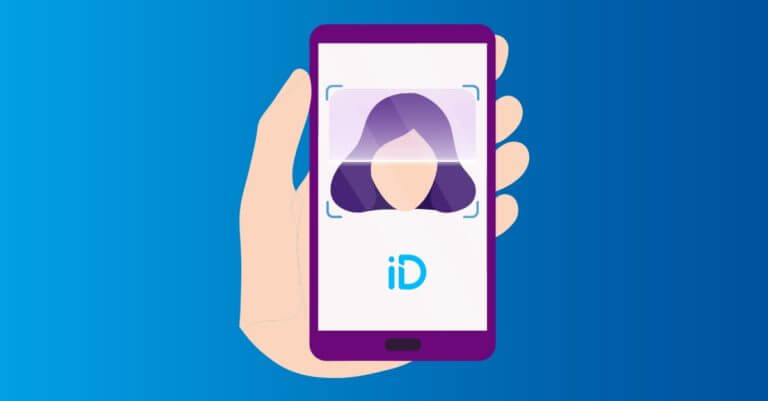
Also cited as identity and access management, identity management is a structure of technologies and policies designed to ensure that only authorized people get access to certain resources. It’s the procedure for identifying, authenticating, and authorizing people to have access to systems. Some people think that identity management includes only authentication and authorization, but indeed, there are numerous parts of the identity life cycle.
Blockchain-powered decetralized identity verification solutions can enhance privacy, security, and the level of manageability of customers’ sensitive information. For instance, adopting a self-sovereign KYC system empowers customers to control their own identity data, improving the overall identity verification process.
Here are some best use-case examples showcasing the key steps of KYC in blockchain:
- More opportunities to collaborate with industry partners. Companies can partner with industry players to standardize blockchain-based KYC solutions, fostering wider adoption and sharing knowledge and resources for process improvement.
- Minimized friction for a seamless ID verification experience. Businesses are able to maintain a user-friendly KYC process by implementing a simple and intuitive interface to boost adoption and customer satisfaction.
- Use smart contracts for custom KYC flows. Organizations can automate KYC processes using smart contracts to minimize human error and ensure adherence to predefined rules.
- Ensured data security and compliance. Prioritize data security in blockchain-enabled KYC solutions through encryption and other measures that help companies stick to rules like GDPR and KYC/AML laws.
Related: How Identity Verification is Helping Combat Cryptocurrency Crimes
AI-Powered Identity Verification as a Solution for Blockchain KYC
When blockchain technology and identity management are merged, users have to store their digital entity credentials on a digital wallet on their devices, such as their smartphones. Digital identity credentials would be valid only if used by the same device, which was allowed to do so.
However, in another case, for example, if the authorized device gets lost, that user can use another authorized device, such as their laptop. This is only a single scenario, how blockchain technology can be used in identity management.
If you’re looking for advanced identity verification solutions for your business, get in touch with us.
We offer various KYC solutions, including document verification, selfie verification, as well as business verification services for coorporate entitity onboarding.
This blog post was updated on the 29th of February, 2024, to reflect the latest insights.
